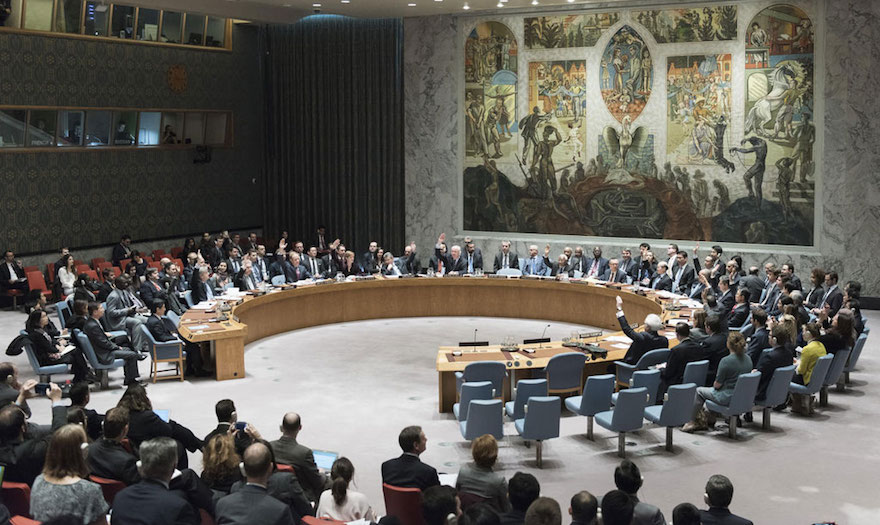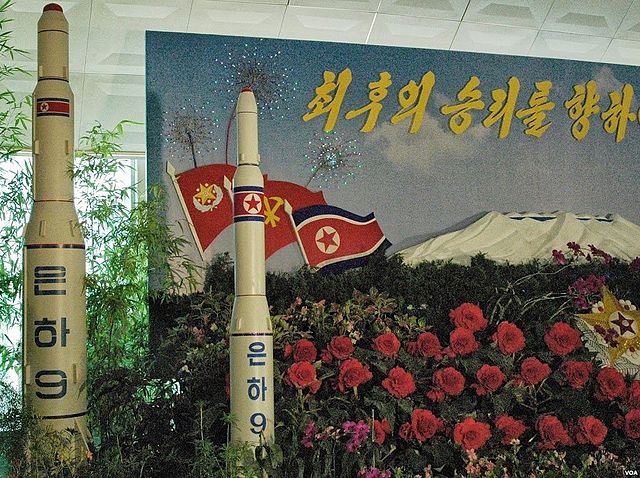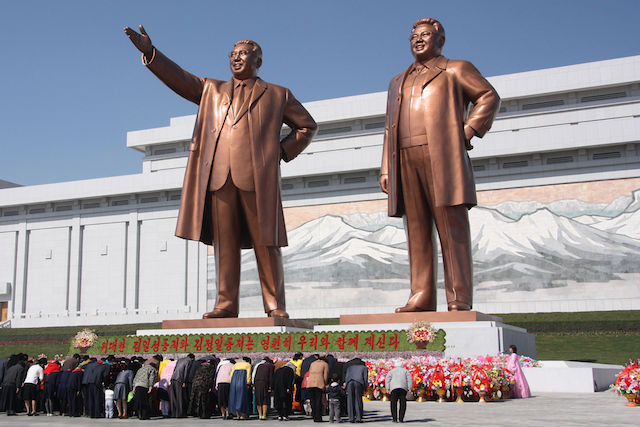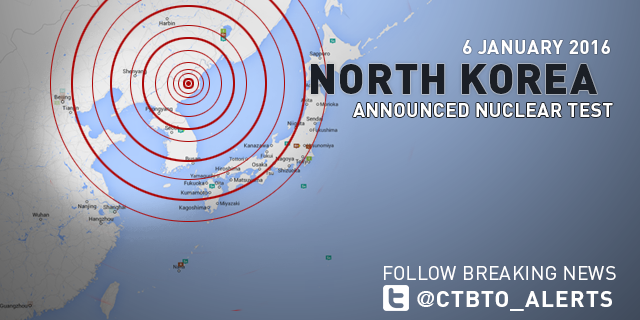UNITED NATIONS (IDN | INPS) – After nearly two months of closed-door negotiations, the 15 member UN Security Council (UNSC) decided to impose new sanctions on North Korea penalizing Pyongyang for its fourth nuclear test conducted on January 6.
The resolution, adopted unanimously by the UNSC, imposed some of the toughest sanctions on North Korea calling on all UN member states to inspect cargo destined for – and coming from – Pyongyang, in all airport and sea ports.
The sanctions include restrictions on the export of coal, iron, iron ore or other minerals, while prohibiting the supply of aviation fuel, including rocket fuel. The resolution also mandates member states to expel North Korean diplomats involved in Illicit trafficking.





